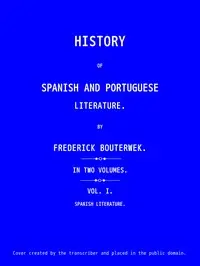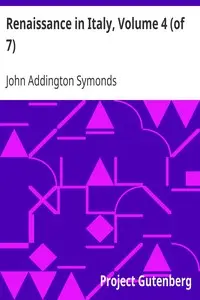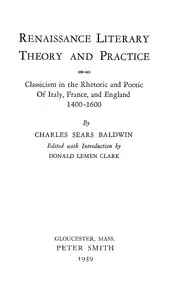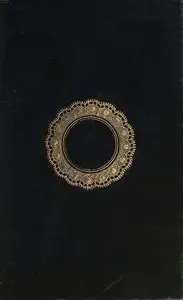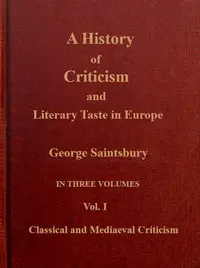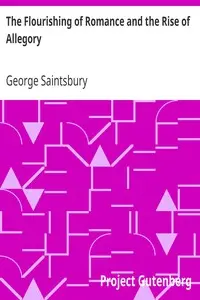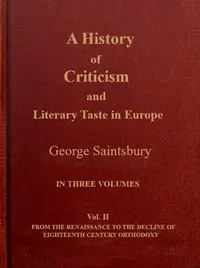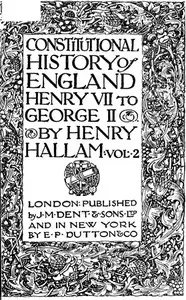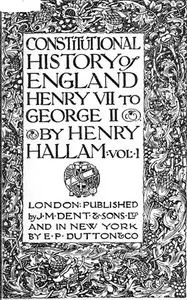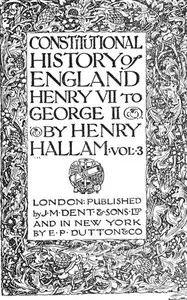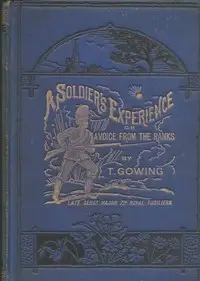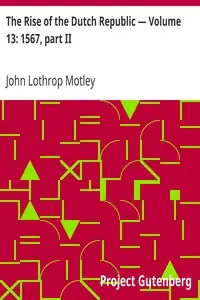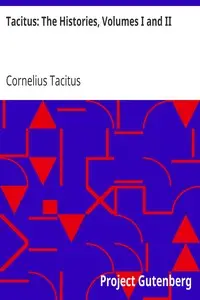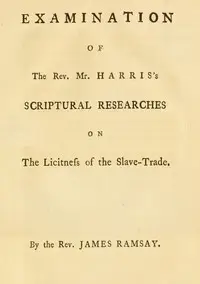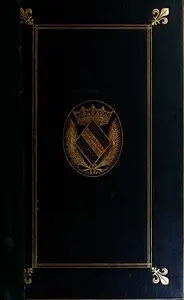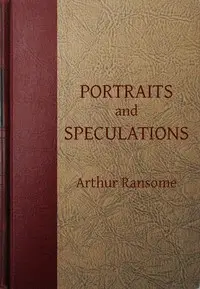"Introduction to the Literature of Europe in the Fifteenth, Sixteenth, and Seventeenth Centuries" by Henry Hallam is a historical journey through European literature, starting in the Middle Ages and continuing into the Renaissance. This book, penned in the 1800s, offers a thoughtful exploration of writers, literary trends, and writing styles prominent during this period. Hallam carefully considers how changes in society and politics shaped literary works, and he also points out the connections between literature, philosophy, and science. The narrative begins by looking back at literature before the 14th century, describing the decline of knowledge after the Roman Empire fell, the weakening of poetry during the Dark Ages, and the effects of religion on writing; it will also touch on the rise of schools that promoted learning and fresh literary expressions, as well as the shift from Latin to everyday languages, which enabled literary advances across Europe.

Introduction to the Literature of Europe in the Fifteenth, Sixteenth, and Seventeenth Centuries, Vol. 1
By Henry Hallam
Explore the evolution of European thought and expression as it emerges from the shadows of the Middle Ages and blossoms in the Renaissance, revealing the intricate dance between societal shifts, philosophical inquiries, and the birth of new literary voices.
Summary
About the AuthorHenry Hallam was an English historian. Educated at Eton and Christ Church, Oxford, he practised as a barrister on the Oxford circuit for some years before turning to history. His major works were View of the State of Europe during the Middle Ages (1818), The Constitutional History of England (1827), and Introduction to the Literature of Europe, in the Fifteenth, Sixteenth and Seventeenth Centuries (1837). Although he took no part in politics himself, he was well acquainted with the band of authors and politicians who led the Whig party. In an 1828 review of Constitutional History, Robert Southey claimed that the work was biased in favour of the Whigs.
Henry Hallam was an English historian. Educated at Eton and Christ Church, Oxford, he practised as a barrister on the Oxford circuit for some years before turning to history. His major works were View of the State of Europe during the Middle Ages (1818), The Constitutional History of England (1827), and Introduction to the Literature of Europe, in the Fifteenth, Sixteenth and Seventeenth Centuries (1837). Although he took no part in politics himself, he was well acquainted with the band of authors and politicians who led the Whig party. In an 1828 review of Constitutional History, Robert Southey claimed that the work was biased in favour of the Whigs.

